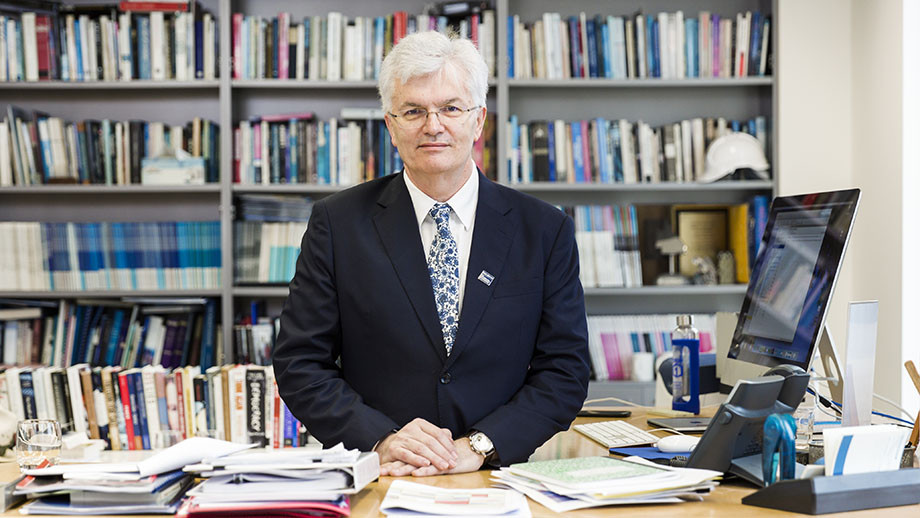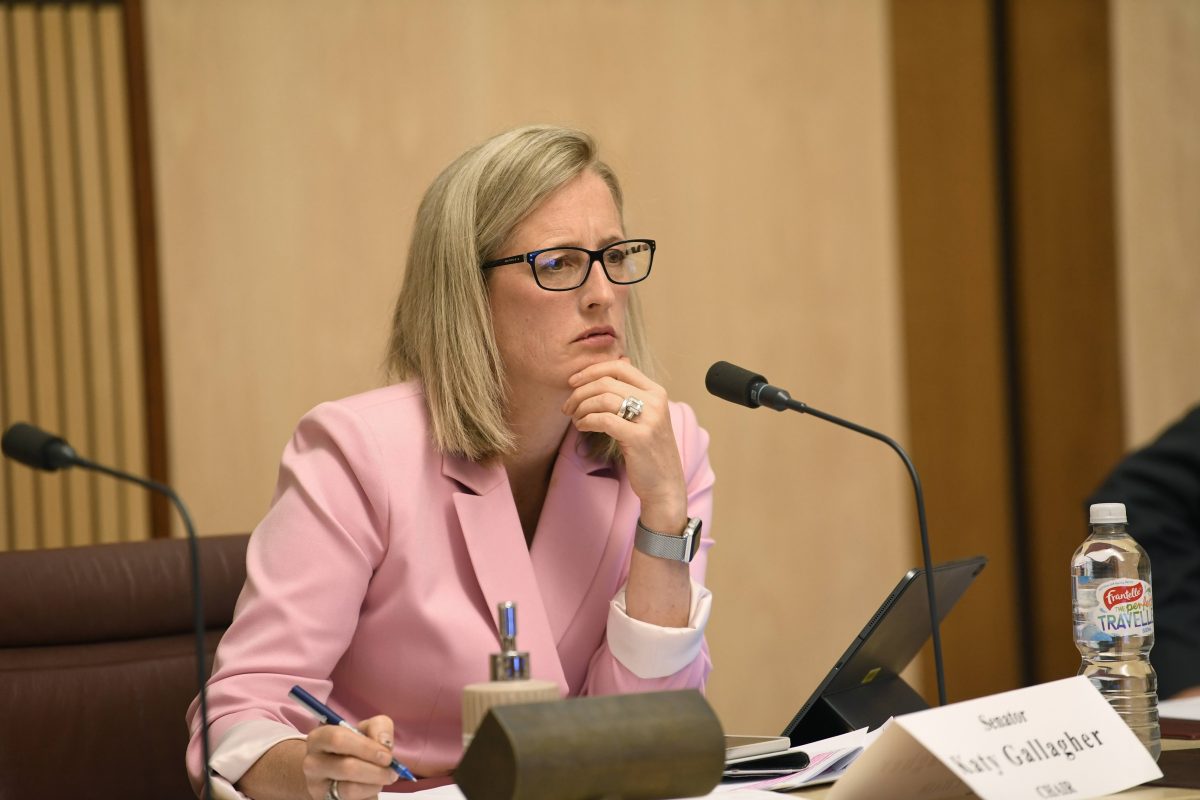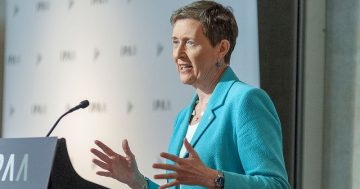
The early appointment of Glyn Davis set the tone for the APS under Labor. Photo: University of Melbourne.
Prime Minister Anthony Albanese has moved quickly to restore some sense of strategic and logical order to the Australian Public Service, as well as overall integrity, with three big announcements since Labor was elected.
First, Professor Glyn Davis replaced Phil Gaetjens at Prime Minister and Cabinet. Then he announced a ministry brimming with talent and more than a few women, followed by a more fit-for-purpose rearrangement of departmental responsibilities.
Mr Gaetjens going straight after the election was no surprise given his close association with Scott Morrison and the obvious political connotations attached to his time at PM&C.
Professor Davis’s appointment sets the tone for a more apolitical approach at the top of the public service and signals that Labor is serious about its plans to reform the APS, rebuild its shrunken capacity and regain the confidence of its staff.
As a former head of the Queensland Public Service and two universities, he brings plenty of leadership experience and credibility to the job, but he was also a member of the Thodey review of the APS and will come to the role with a reform agenda in mind.
That will suit Public Service Minister Senator Katy Gallagher who repeatedly said before and during the campaign that Labor would look to implement all of the Thodey recommendations and elevate the role of the Australian Public Service Commission, as well as wean the APS from the previous government’s contracting addiction, scrap the staffing cap and negotiate in good faith on pay and conditions.

Finance and Public Service Minister Senator Katy Gallagher will be key to the APS’s fortunes under Labor. Photo: Auspic.
The new government will also look to Professor Davis and the Public Service Commissioner for advice on the appointment of any new secretaries through natural vacancies or otherwise.
While there has been little bloodshed so far, it is hard to believe that Mr Gaetjens will be the only casualty of the change in government.
The allocation of ministerial portfolios and the announced machinery-of-government changes reflect Labor’s priorities, particularly on climate change, but also make sense after the Coalition’s politically motivated, destructive and counterproductive march across the public service since the election of the Abbott Government.
The new Department of Climate Change, Energy, the Environment and Water is the right bundle in light of the climate emergency and now energy crisis, and the transition underway that should accelerate under the new government.
It also takes Water away from Agriculture, a legacy of the Nationals’ Barnaby Joyce that was likened to putting Dracula in charge of the blood bank.
The other notable change is the removal of the Australian Federal Police from the mega Home Affairs Department created by now Opposition Leader Peter Dutton, separating it from Border Force and some of the security organisations, including ASIO.
Moving the AFP to Attorney-General’s will please those, including the police union, who had been concerned about its independence in Home Affairs and the sheer size of the security apparatus that had been assembled.
More prosaic but increasingly important is data policy, including the Digital Transformation Agency, moving to Finance, but again that seems a logical home, particularly as Senator Gallagher is also Finance Minister.
It is good to see Arts return to a department title but still seems an afterthought being tacked on the end of the Department of Infrastructure, Transport, Regional Development and Communications.
But having someone as senior as Tony Bourke as Minister should mean the arts, one of the most impacted sectors during the pandemic, will have more visibility after many years of bring relegated in importance.
A final word about gender. There are 10 women in Cabinet out of 23, and a further three in the outer ministry, and they occupy the key positions of Finance, Foreign Affairs, Environment, Home Affairs and Infrastructure, yet Mr Albanese was quizzed at the press conference about equity.
Ideally, 50-50 would be welcome but the tone of the questioning was simply churlish in light of what has already been achieved.


















